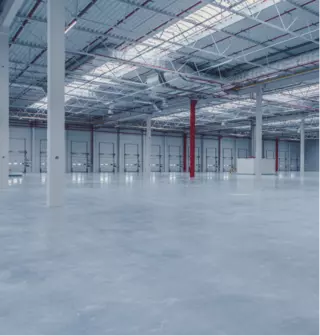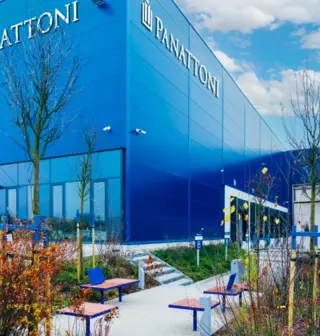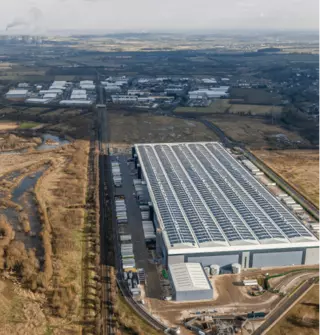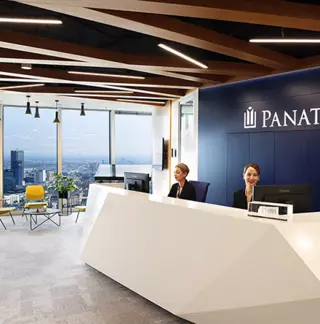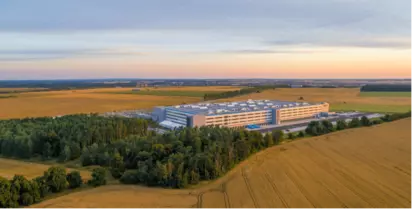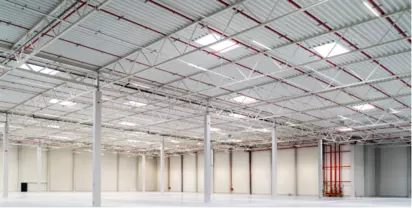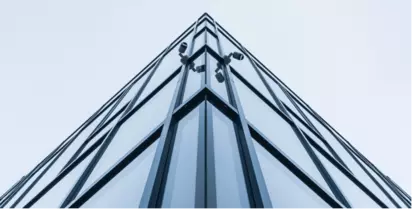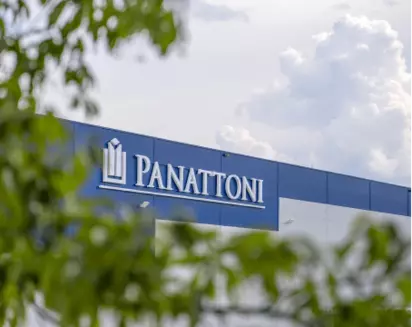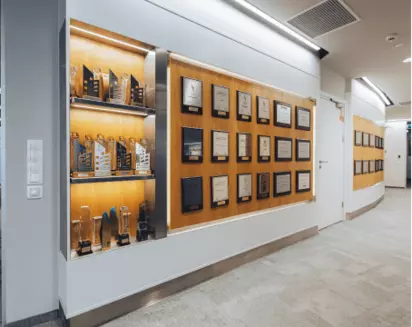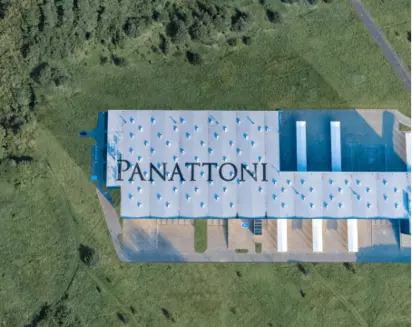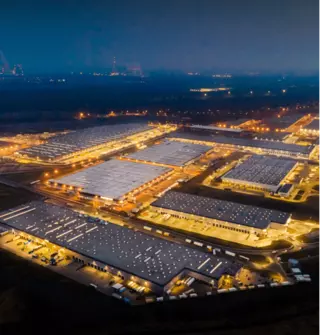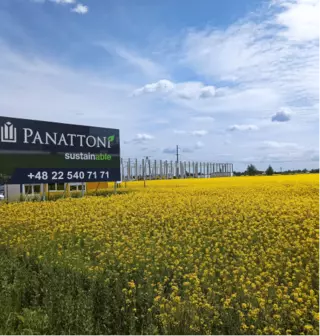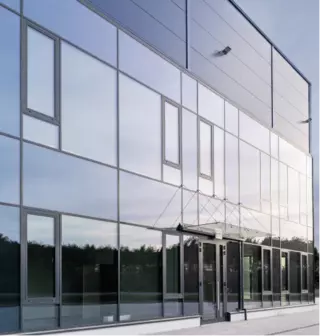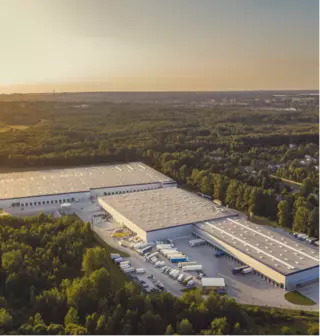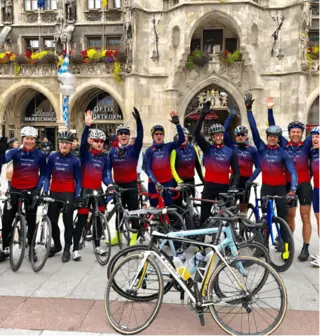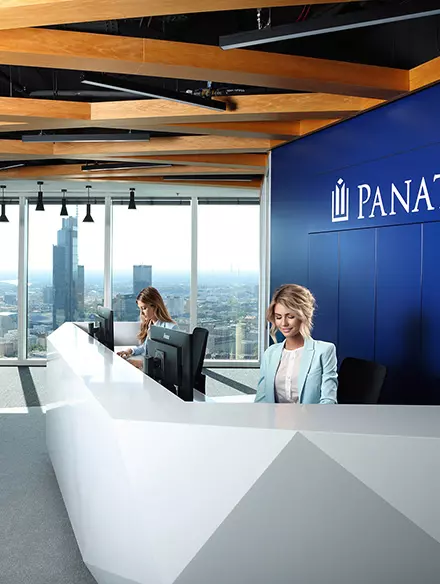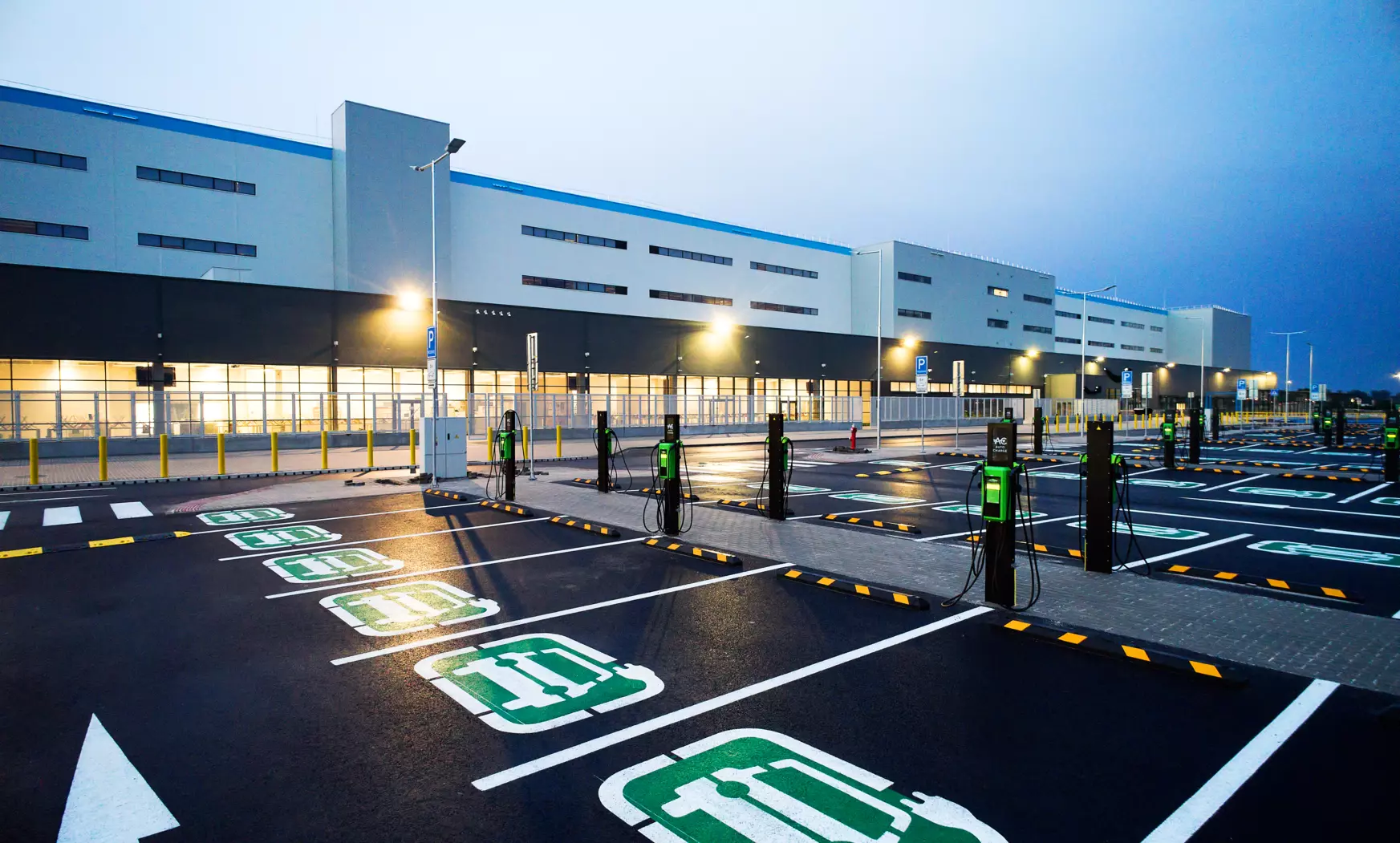
Amazon fulfilment centre in Panattoni Park Kojetín is the largest industrial building in the Czech Republic, which has managed to meet the strictest ecological requirements. It has therefore been awarded the BREEAM New Construction certification at the highest level of Outstanding
The building leased by Amazon at Panattoni Park Kojetín has been awarded the highest BREEAM New Construction sustainability rating of Outstanding. With a floor area of 187,000 sqm, the robotics centre has become the largest building with this certification level in the Czech Republic. The developer of the project is Panattoni.
This is the third Panattoni project with the highest Outstanding award according to the international sustainability certification BREEAM New Construction. (In addition to the distribution centre in Kojetín, the halls in Panattoni Park Stříbro and Panattoni Park Cheb South were also awarded earlier.) In addition, Panattoni became the first entity in the Czech Republic to receive BREEAM Outstanding for a new multi-storey industrial building.
The Amazon building impresses at first sight with its height, which exceeds 27 metres where the stairwells lead. This gives it a floor area of 187,000 square metres, while the floor plan occupies less than a third of the area, or 51,000 square metres. The height of the building has thus resulted in a significant saving in built-up area. The project also boasts the status of the most modern industrial building in the Czech Republic.
"Panattoni leads the ranking of industrial developers, not only in the number, but also in the area of BREEAM New Construction certified buildings. After including the Amazon fulfilment centre in Panattoni Park Kojetín, our portfolio now totals 900,000 sqm of already certified buildings. I am really proud that the industrial properties we are building meet the most stringent environmental requirements," said Jan Andrejco, Regional Development Director, Panattoni.
The technologies used will save up to 6,310 tonnes of CO2 per year compared to conventional solutions. This is the same amount of emissions that new passenger cars would emit when driven a total of 66.5 million kilometres.
The project in Kojetín is quite unique also with regard to the use of renewable resources through the energy of the surrounding environment. The building is in no way connected to fossil energy sources. The photovoltaics on the roof of the building are proof of Amazon's climate commitment to become carbon neutral by 2040. Photovoltaics provide up to 68.2% of the energy consumed on the site. The plant has a capacity of 3,951 kWp and generates more than 4 million kWh of electricity annually. This corresponds to the amount of electricity consumed by about 1,400 Czech households with an average annual consumption.
The power plant consists of a total of 8,590 monocrystalline panels, each with an output of 460 Wp. By comparison, the photovoltaic power plants from the solar boom of 2009 to 2010 consist of panels with a power output of 170 to 220 watts. The entire distribution centre is heated by heat pumps instead of gas. Air-to-water heat pumps heat up to 75% of the hot water.
Not only the energy mix of the inputs, but also the materials used for the cladding and roof insulation contribute to the extremely low energy consumption of the building. The Kojetín project managed to achieve the PENB energy performance certificate value of only 4 kWh/(m2year) of primary energy from non-renewable sources. The wall panels have a thermal transmittance of only 0.189 W/m2K. The thermal transmittance of the roof is 0.129 W/m2K. The average heat transfer coefficient of the building is 0.16.
"Environmental friendliness plays a big part in our business. For example, there are no skylights on the roof so that the entire area can be used for photovoltaics, which have so far produced almost two gigawatt hours of electricity, which is a really impressive amount by Czech standards. Equally important for us, however, are our employees, who can work in daylight thanks to the windows in the envelope. In addition to the cafeteria, medical office or rest area, the employees also have excellent conditions for transport to work. Those who drive their own electric cars have 30 free charging stations in the parking lot. But there is also a train nearby, infrastructure for cycling and we are very pleased that three quarters of our employees commute to work on one of our ten bus routes, which saves additional emissions from transport," says Michal Šmíd, General manager of Amazon in the Czech Republic.
"The building in Panattoni Park Kojetín also boasts a friendly approach to drinking water management. Savings on consumption reach 60.8% compared to conventional buildings. Specifically, it is 15,140 cubic metres per year. This corresponds to the annual consumption of more than a hundred average households of four people in the Czech Republic," adds Lenka Matějíčková from Grinity, the consultancy that certified the project.
Panattoni Park Kojetín is located in a former brownfield site. Therefore, the whole area had to be remediated and the ecological burdens removed before construction could begin. The actual construction of the four-storey building was in many ways specific and challenging in terms of coordination of construction work and companies on site. Sustainable objectives influenced the construction of the building from the outset. 100% of the demolition waste from the original buildings was recycled. The proximity of the site to the railroad made it possible to import 6,800 panels to the site by train directly from the concrete factory. The weight of the panels exceeded 80,000 tonnes. The trains replaced the nearly 2,300 trucks that would have had to be used to transport the panels. Just how far the building materials are imported is one of the many criteria that are assessed during BREEAM New Construction certification. The revitalisation of the area included the planting of 300 trees and 750 shrubs.
"The goal of the Czech Green Building Council is to achieve Vision Zero, i.e. a state where buildings have zero environmental impact throughout their entire life cycle. I am very pleased to see concrete efforts in practice to move towards this goal. Panattoni, which is one of the members of the Council, is building a portfolio of modern logistics and industrial parks not only in the Czech Republic but also in other countries, which meets sustainability standards. This is the right way to minimise the environmental impact of construction," concludes Simona Kalvoda, Executive Director of the Czech Green Building Council.
